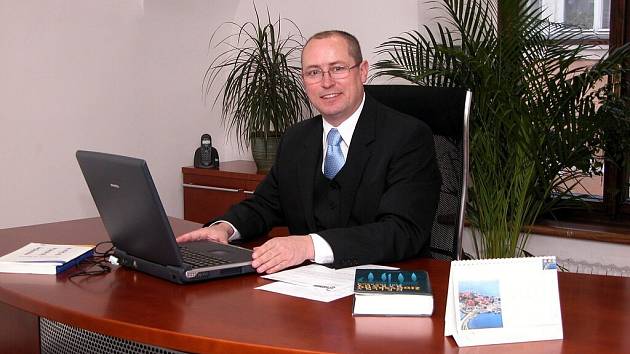Gloss: Ivo Strejček
Even though the celebrations of the end of the Second World War have been over for almost a week now, I would like to return to them today with the words that one of our readers addressed to me in an e-mail a few days ago:
"Everywhere [lately] I come across assessments of our past. The government, parliamentary and journalistic circles shout in the House of Commons, in the media at the memorial to the fallen, where they commemorate the end of the war with their distorted historical memory. None of them will say that we were liberated by a state that no longer exists, that there were Ukrainians, Belarusians, Russians, Tajiks and others in its army at the time. And all of them are today considered barbarians and bearers of evil for our contemporary world. Sometimes they are even compared to Nazi criminals today.
The rewriting of history has been going on for a long time (it has always been there), but now academics, journalists, writers and artists are participating in it to an unprecedented degree. There is a loss of national consciousness and a loss of the humanitarian ideals that belong to the birth of our state. It is bad that people live without historical memory, worse that they do not want to remember certain things, and worst of all that they do not care. They always talk about freedom, it is used in all the tenses, but they do not say how it came about, they do not remember those who were willing to lose their lives for it, who gave their lives for the freedom of others and not only their own. The recent celebrations of our liberation were a presentation of the lack of historical consciousness and character of those who were outright over the top in their lackeyism."
It has been a long time since I have read such a convincing reflection on how far the absence of historical consciousness has driven us and how easy it is to rewrite history with this absence. Some smart guy in today's Czech media went so far in his "reflections" on the end of the war that he did not hesitate to ask the rhetorical question "whether the liberation by communist imperialism was really liberation" over the decisive contribution of the Red Army to the liberation of Czechoslovakia. One must ask oneself how far (or near) the time is when the horrors of German Nazism will be publicly denied and when wartime Germany will be interpreted as a "bulwark" against "the penetration of the hordes from the eastern steppes". Am I exaggerating? I'm very much afraid that in today's Czech atmosphere of exaggerated anti-Russianism I am not exaggerating too much.
Although the commemorative celebrations of the end of the Second World War did not contribute to the cultivation of knowledge of the historical context of modern Czech history, the placement of a "temporary sign" (as Prague Deputy Mayor Hřib calls it) on the B line will contribute to raising the historical consciousness of Prague metro passengers, at Anděl station (formerly Moskevská), which will eloquently explain to those in a hurry that the bronze sculpture Moscow - Prague has "occupation origins". The plaque will be placed there until the councillors decide "where to go with the sculpture".
This remark is certainly not a defense of the Soviet Union, which has been defunct for more than thirty years, or of the manners of the communists of that time. However, I find ridiculous the tenacity with which we "deal" with the past in the belief that this is the way it should be. After all, if Hřib and his fellow councillors had taken a few drives through Prague at rush hour and found that the city was effectively impassable due to all the repairs, ditches and potholes, maybe they would stop doing stupid things that people with normal worries don't have time for.
The names of streets, squares, parks (and metro stations, apparently) have always been tricky. This is evidenced by the news that three kindergartens in Prague 10 no longer want to be named after the Russian street names where they are located.
Thus, based on the wishes of the headmistresses of those kindergartens, from now on they will not be called Vladivostok and Magnitogorsk, but perhaps not even Leo Tolstoy. These are Russian names, therefore - today - undesirable. Even the name of the author of the brilliant epic War and Peace and the wonderful novels Resurrection or Anna Karenina is a bad idea in Bohemia. After all, he was also "just" a Russian. What will those who will one day live on Madeleine Albright's main street in Smíchov (and go to the elementary school with the same name) or walk through Hannah Arendt's park do?
We are behaving much like the British or Germans did at the outbreak of the First World War. The former banned Beethoven and everything German, the latter did the same with English and French art. Is that necessary?
Ivo Strejček, 14 May 2024
https://www.institutvk.cz/clanky/2736.html



